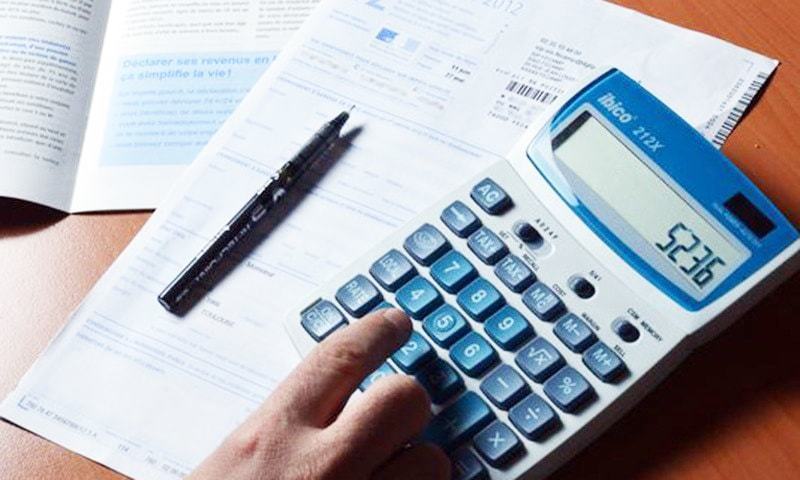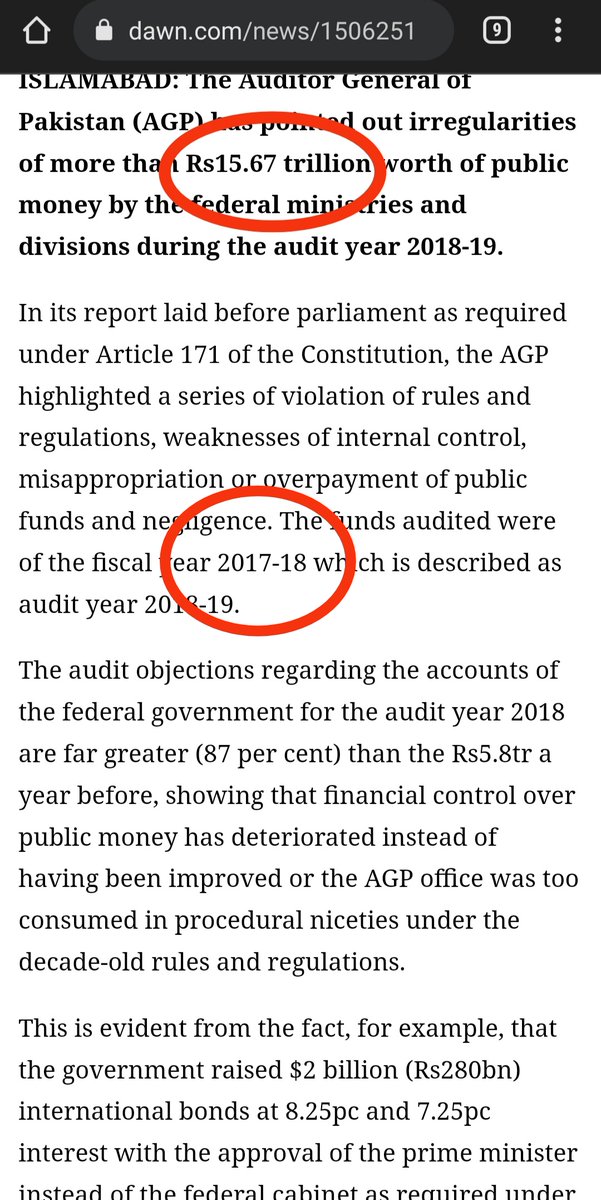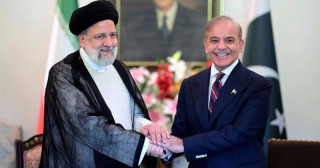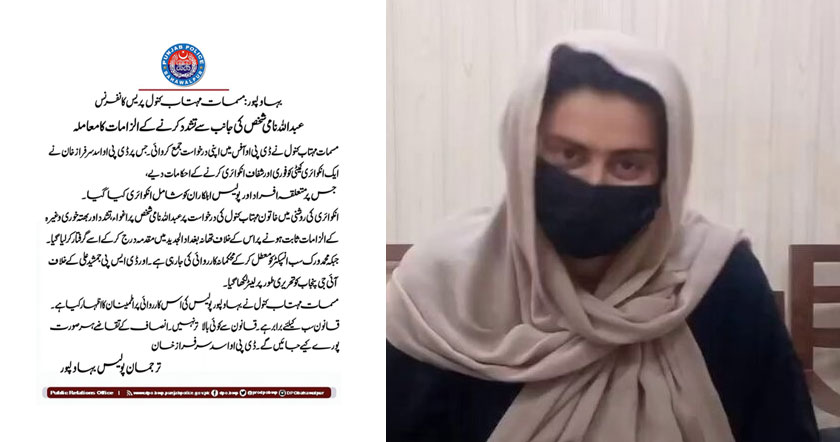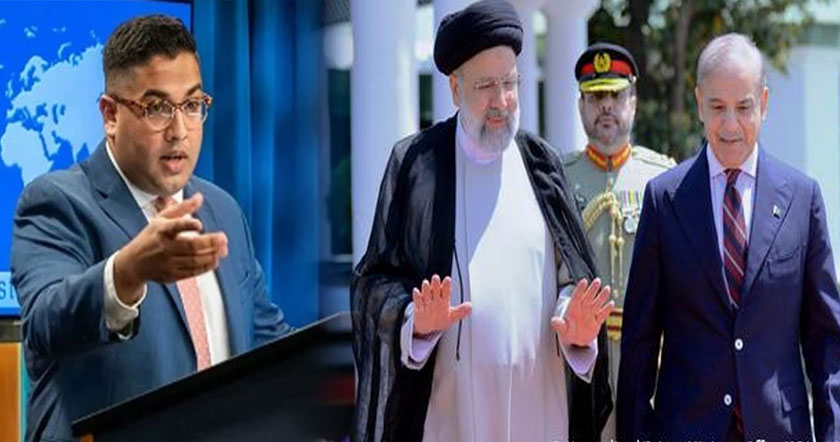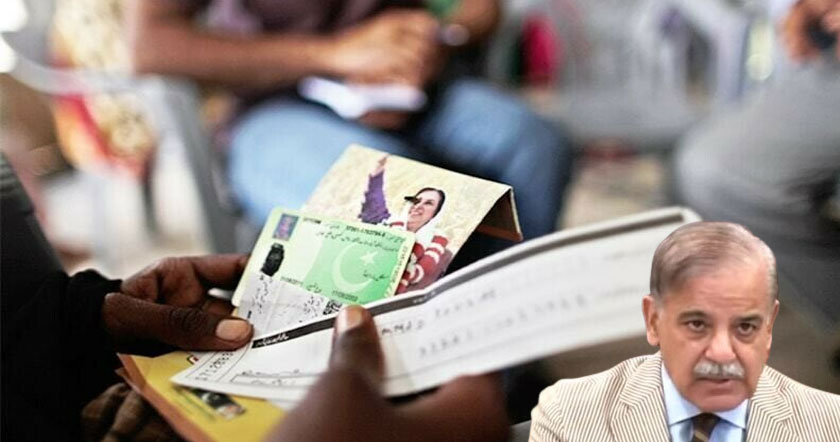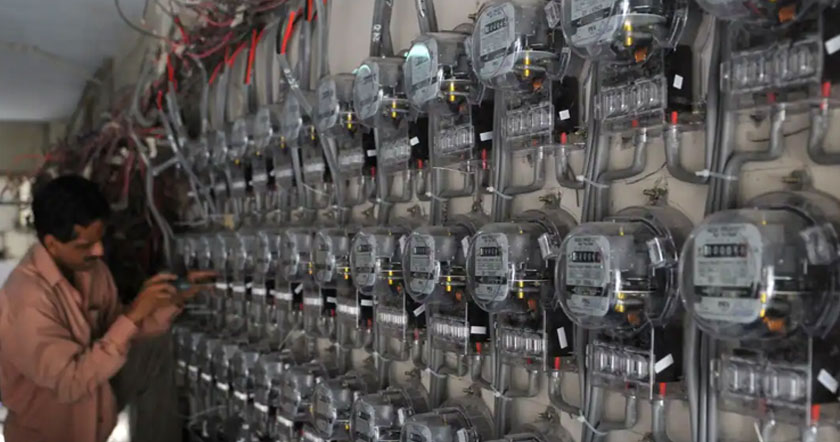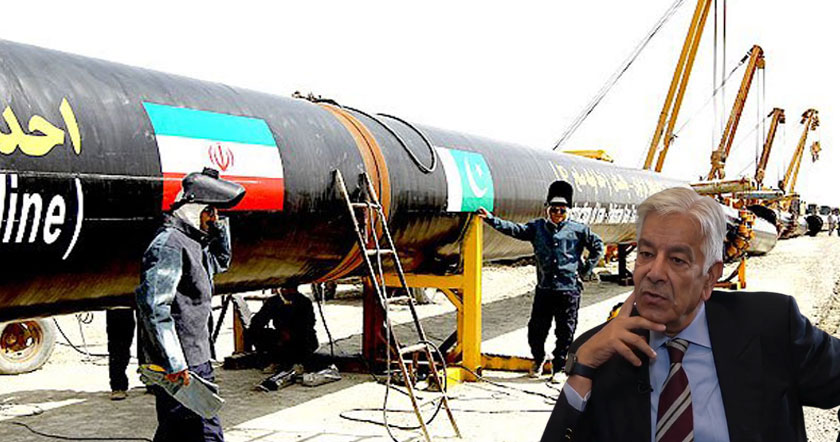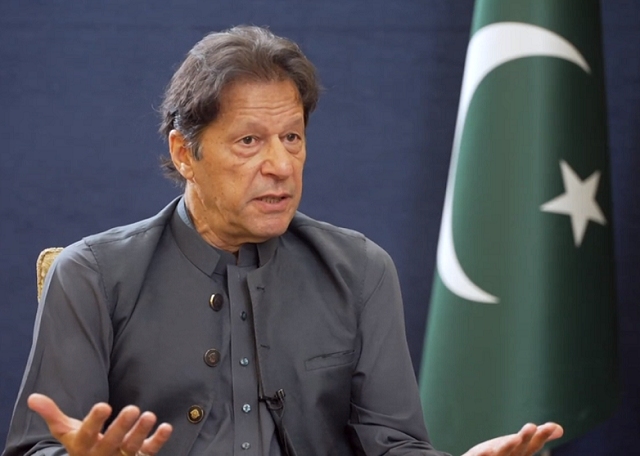
ISLAMABAD:
After holding on to it for nearly six months, Pakistan on Friday gave in to the International Monetary Fund’s pressure by releasing the audit report of expenditures incurred on Covid-19, disclosing over Rs40 billion irregularities in operations.
The findings of the Auditor General of Pakistan (AGP) –the constitutional body – showed misprocurement, payments to ineligible beneficiaries, cash withdrawal through fake biometrics and procurements of substandard goods by Utility Stores Corporation (USC) for consumption.
The release of the report by the Ministry of Finance is one of the five prior actions that the IMF has asked Pakistan to implement if it wants to get the $1 billion loan tranche by January next year.
The auditors attempted to scrutinise Rs354.3 billion expenses but did not get all the records, the report showed. From the record of expenses and procurements available, the auditors have unearthed Rs40 billion irregularities.
The maximum irregularities of over Rs25 billion were found against Rs133 billion spent under the banner of the Benazir Income Support Programme, which was equal to 19% of its spending. The USC spent Rs10 billion but the auditors raised questions on Rs5.2 billion or 52% of its spending.
The National Disaster Management Authority’s spending was Rs22.8 billion and the auditors raised a red flag on Rs4.8 billion or around 21% of the spending.
The defence ministry also had doubtful and irregular spending to the tune of Rs3.2 billion while other government departments had dubious expenses to the tune of Rs1.5 billion, showed the report.
This report is based on the audit of the accounts of government agencies and departments involved in relief activities at the federal level for the year ending June 30, 2020, to the extent of expenditure related to Covid-19.
This includes all government allocations, loans and grants received or repurposed from the foreign donor partners for dealing with Covid-19. The IMF had also given a $1.4 billion loan under the Covid relief package.
The key issues highlighted by the AGP were “instances of mis-procurements, delays in the delivery of procured items, procurement without proper need assessment, instances of weak financial controls, lack of proper record-keeping and non-production of records to audit authorities”.
Also, there were issues about lack of warehouse management, issues in the distribution of equipment, advance payments to supplier firms without properly securing guarantees, data problems resulting in the release of cash grants to both spouses in the same family and beneficiaries excluded by NADRA during profiling checks, the release of cash grants to the insured persons and pensioners of EOBI and beneficiaries from both BISP and Zakat.
The auditors also caught serious issues like payment to ineligible beneficiaries like government servants, pensioners and their spouses, taxpayers and to those having poverty scores above the cut off scores approved by the federal cabinet and the BISP board.
“Weak monitoring and implementation resulting in withdrawals through fake biometric and withdrawals out of the district of registration, irregular and unjustified prequalification of flour mills by the USC” were among the other issues.
There were also issues of service delivery under the Ehsaas Emergency Cash Programme that resulted in non-disbursement of cash transfers to 1.32 million enrolled beneficiaries.
In order to combat the pandemic, the prime minister approved Rs1.24 trillion Economic Stimulus Package on March 24, 2020. The key objectives of the relief package were to contain the Covid-19 pandemic, provision of medical and subsistence relief to citizens and support to business and economy.
The amount released out of the announced package was Rs354.2 billion till June 30, 2020.
Rs314b promised but not given
“The finance ministry issued Rs314 billion less supplementary grants from the PM’s stimulus package due to which citizens of Pakistan could not avail the complete benefit of the announced package resulting in suffering, economic hardship and many private factories laying off their workers during Covid-19 process,” revealed the report.
Against Rs200 billion promised to daily wagers, only Rs16 billion were distributed among them. The vulnerable families were promised Rs150 billion but given Rs145 billion. The Utility Stores package was Rs50 billion but was given Rs10 billion. There was a promise to pay Rs100 billion electricity and gas bills but the actual payments were Rs15 billion.
Key irregularities
The NDMA was the main coordinating agency for relief activities in the country. Against Rs33.3 billion funds that the NDMA received, it spent Rs22.8 billion. But the auditors found glaring irregularities.
“During the course of the audit, a number of instances of mis-procurements, weak contract management, delays in delivery of procured items, improper storage management etc were observed.”
The auditors found mis-procurement on account of the installation of Resource Management System (RMS) by the NDMA with Rs42.5 million cost. A million-dollar loss was caused to the public exchequer on account of purchase of ventilators at higher rates and China donated $4 million for construction of 250 beds Isolation Hospital and Infections Treatment Center (IHITC), but the money was never used. There were cases of overpayment to Chinese firms on account of the procurement of ventilators.
The NDMA did not adjust advances of Rs690 million against payments made to the Frontier Works Organisation for the renovation of Haji Complex, Rawalpindi, provisions of quarantine facilities in Karachi and establishment of the National Control Room during the financial year.
During the course of the audit of NDMA, a considerable number of record and allied documents were not produced for audit scrutiny despite repeated written and verbal requests.
The NDMA did not impose liquidated damages on supplier firms causing a loss of Rs2.7 billion and $8.3 million.
BISP
The BISP utilised Rs133.3 billion during the fiscal year 2019-20 and 13.1 million beneficiaries were paid.
The audit observed Rs6.6 billion payments to relatively better-off 484,402 beneficiaries due to the absence of any clear policy which needs to be addressed before making any related future payments.
There were irregular payments of cash transfers to government servants including pensioners and their spouses to the tune of Rs1.84 billion. Wrong profiling of beneficiaries resulted in the release of cash transfers to both spouses worth Rs1.6 billion.
Over Rs16 million payments of Covid-19 cash transfers were made to those beneficiaries who had filers’ status and were well-off. There was also a case of withdrawal of Covid-19 cash grants from both BISP and Zakat by the same beneficiaries worth Rs318.7 million.
The auditors pointed out irregular payment of cash transfers to beneficiaries that were excluded by NADRA during profiling checks but got away with Rs6.84 billion. The Rs1.8 billion irregular payment was made to beneficiaries having poverty scores higher than the approved eligibility thresholds by the cabinet.
The auditors unearthed a major discrepancy and found unauthentic withdrawals of Covid-19 cash transfers out of districts/provinces to the tune of Rs12.8 billion.
The auditors observed that in categories I to IV, withdrawals of emergency cash transfers were shown from out of province/districts by 2,048 agents who operated in Quetta, Lasbela, Thatta, Jamshoro, Hyderabad and Khanewal. “This needs proper investigation,” the AGP recommended.
Through the fake biometrics, Rs1.7 million were withdrawn.
Other departments
The audit observed that the procurements of nine items had been made at higher rates causing a loss of Rs7 million. There were also cases of non-delivery of Personal Protective Equipment (PPE) by UNICEF having the value of Rs1.3 billion. The Rs10 million discrepancy was found in cases of transportation and food items for passengers returning from abroad, handled by deputy commissioner Islamabad.
There was also the irregular operation of bank account by a single signatory. The case of non-reconciliation of bank account and irregular payments of cash money instead of crossed cheques to the firms were also unearthed.
USC
The AGP pointed out Rs1.4 billion loss due to irregular and ill-planned procurement of sugar. Another loss of Rs1.6 billion was caused due to irregular procurement of ghee/cooking oil and non-availability of fitness certificates of ghee/oils worth over Rs1.4 billion.
The USC caused a loss of Rs100 million due to the purchase of sugar at higher rates than the prevailing market wholesale rates. There was a case of irregular procurement of atta from flour mills worth Rs95.3 million.
The Rs323 million loss was caused due to non-observance of prescribed flour specifications and another expense of Rs1.7 billion incurred without laboratory test reports. The USC also made excess claim subsidies by increasing the profit ratio on account of the purchase of sugar.
Defence
The auditors pointed out Rs1.9 billion worth of non-reconciliation of allocation and expenditure relating to Covid-19 in two different cases.
The Rs200 million Covid-19 funds were diverted towards the clearance of liabilities and procurement of normal cardiac medicines. During an audit of Combined Military Hospital Rawalpindi, it was observed from the record that PPE items of the same specifications were purchased at higher rates by ignoring the lowest rates available in the comparative statement of tenders.
The Rs235 million irregular payment was made to Pakistan International Airlines without fulfilling the required formalities against shipment of exactly the same commodity required to be transported through the armed forces’ service aircraft.
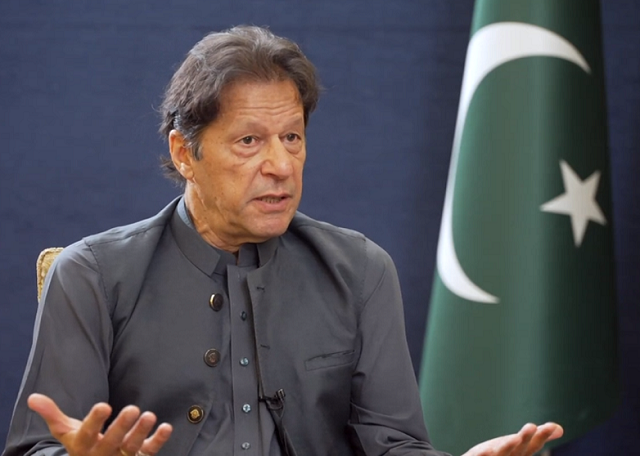
Rs40b irregularities detected in PM’s Covid package | The Express Tribune
Auditors attempted to scrutinise Rs354.3 billion expenses but did not get all records
arifkarim Siberite Bubber Shair


